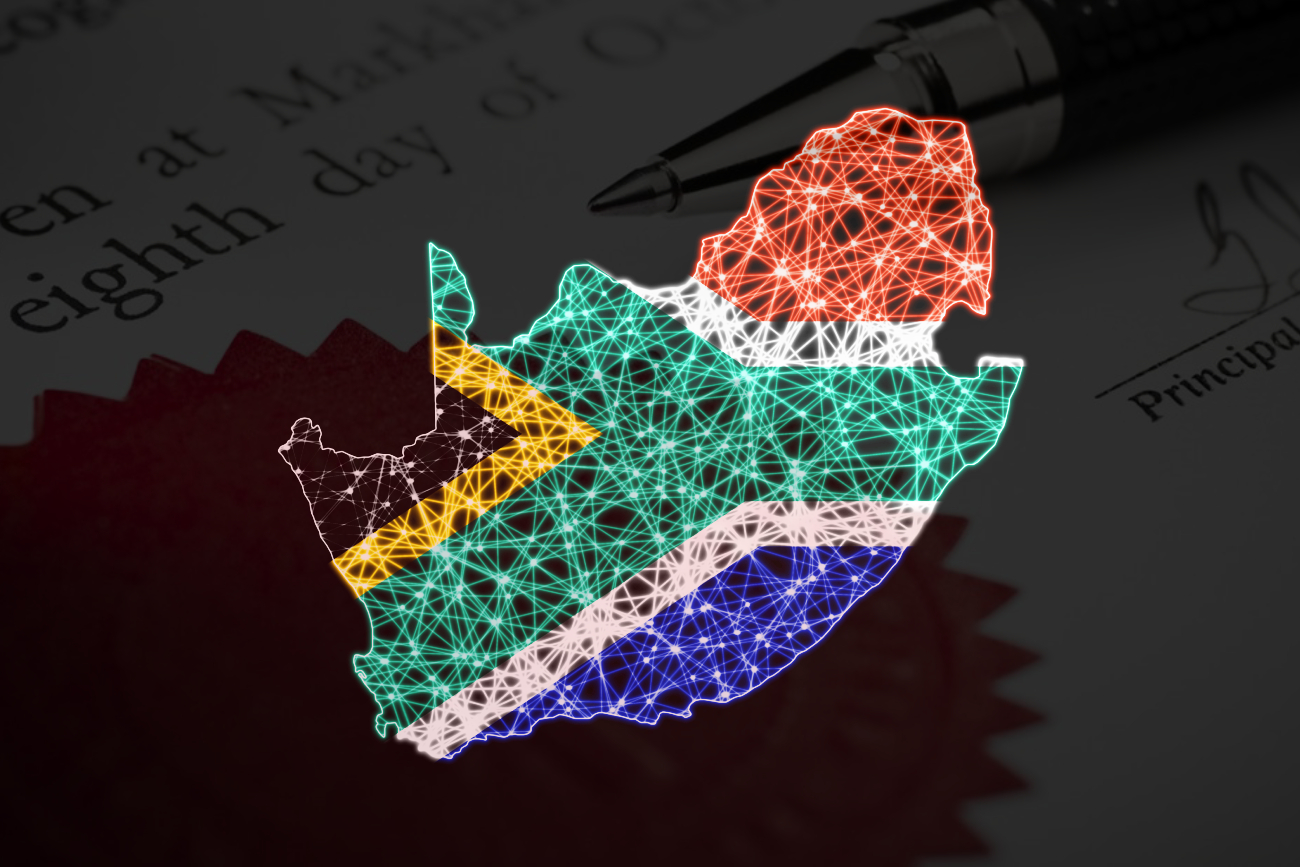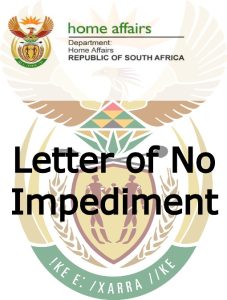South Africa is a signatory to the Apostille convention also known as the Hague Convention of 5 October 1961. Being a member state of the Hague Convention of 5 October 1961 means that all signatory countries use one single legal formality to apostille public documents for legal use in other countries. This way of apostilling official documents replaced the old way of apostilling documents which often took time and required that each country individually legalised and authenticated official documents, for legal use abroad. There are currently 91 member states of the Hague Convention and South Africa is one of them.
When did South Africa become a signatory to the Apostille Convention?
 South Africa became a signatory to the Apostille Convention on the 30th of April 1995. South Africa like all other contracting states decided to join the Apostille Convention because one single formality to authenticate public documents was much more easier than the tiresome long process of apostilling documents. In order for a country to become a signatory to the Apostille Convention, the acceding state must send in their request to the depository at the Ministry of Foreign Affairs of the Netherlands, it must be in the two official languages that the convection uses (English or French) or either be translated into them. It should be delivered personally or sent through the mail.
South Africa became a signatory to the Apostille Convention on the 30th of April 1995. South Africa like all other contracting states decided to join the Apostille Convention because one single formality to authenticate public documents was much more easier than the tiresome long process of apostilling documents. In order for a country to become a signatory to the Apostille Convention, the acceding state must send in their request to the depository at the Ministry of Foreign Affairs of the Netherlands, it must be in the two official languages that the convection uses (English or French) or either be translated into them. It should be delivered personally or sent through the mail.
The signatory states have a right to object. The acceding state and all contracting states that did not raise objections to the accession, accede into the convention together. From then on the Depositary will notify all contracting states of the date the Convention enters into force, between the contracting states and the acceding state.
What is the Hague Apostille Convention?
 The Hague Apostille Convention was formed as a desire to ban the old tiresome process of legalising public documents for legal use in foreign nations. It was formed on October 5 1961, hence it is called the Hague Convention of 5 October 1961. With the establishment of the convention, they adopted one single legal formality of legalising official documents, to be used in other nations.
The Hague Apostille Convention was formed as a desire to ban the old tiresome process of legalising public documents for legal use in foreign nations. It was formed on October 5 1961, hence it is called the Hague Convention of 5 October 1961. With the establishment of the convention, they adopted one single legal formality of legalising official documents, to be used in other nations.
The legalised apostille only applies to contracting nations of the Hague Convention of 5 October 1961. The public document would be apostilled in your country of origin and then be presented in another signatory state as a legal document to use in that country. Countries which are not member states have to go through Embassy Legalisation, where they have to get their documents apostilled at either the South African High Court or DIRCO and then certified at the embassy of the country to which they intend to go to.
Signatory countries of the Hague Convention of 5 October 1961
Below are 125 signatory states of the Hague Convention of 5 October 1961.

| Albania | Argentina | Australia |
|---|---|---|
| Andorra | Armenia | Austria |
| Azerbaijan | Iceland | Philippines |
| Belarus | India | Poland |
| Belgium | Ireland | Portugal |
| Bosnia and Herzegovina | Israel | Republic of Korea |
| Brazil | Italy | Republic of Moldova |
| Bulgaria | Japan | Romania |
| Burkina Faso | Jordan | Russian Federation |
| Canada | Kazakhstan | Saudi Arabia |
| Chile | Latvia | Serbia |
| China | Lithuania | Singapore |
| Costa Rica | Luxembourg | Slovakia |
| Croatia | Malaysia | Slovenia |
| Cyprus | Malta | South Africa |
| Czech Republic | Mauritius | Spain |
| Denmark | Mexico | Sri Lanka |
| Dominican Republic | Monaco | Suriname |
| Ecuador | Mongolia | Sweden |
| Egypt | Montenegro | Switzerland |
| El Salvador | MoroccoGrenada | Thailand |
| Estonia | Namibia | Tunisia |
| European Union | Netherlands | Türkiye |
| Finland | New Zealand | Ukraine |
| France | Nicaragua | United Kingdom of Great Britain and Northern Ireland |
| Germany | Norway | United States of America |
| Greece | Panama | Uruguay |
| Honduras | Honduras | Uzbekistan |
| Hungary | Peru | Venezuela (Bolivarian Republic of) |
| Viet Nam | Grenada | Pakistan |
| Zambia | Fiji | Palau |
| Antigua and Barbuda | Guyana | Saint Kitts and Nevis |
| Bahamas | Eswatini | Saint Lucia |
| Bahrain | Guatemala | Saint Vincent and the Grenadines |
| Barbados | Kosovo | Samoa |
| Belize | Liberia | Samoa |
| Bolivia (Plurinational State of) | Jamaica | San Marino |
| Botswana | Kyrgyzstan | Brunei Darussalam |
| Lesotho | Sao Tome and Principe | Senegal |
| Brunei Darussalam | Seychelles | Cabo Verde |
| Liechtenstein | Tajikistan | Malawi |
| Burundi | Malawi | Tonga |
| Colombia | Marshall Islands | Trinidad and Tobago |
| Cook Islands | Vanuatu | Niue |
| Dominica | Oman |
Global Apostille
Global Apostille is a Pretoria-based legalisation agency that assists corporations and individuals in getting apostilles and embassy legalization services in South Africa for documents to be used abroad. We make the legalization and apostille of South African documents simple for our clients.
Understanding that document authentication can be challenging and time-consuming, our main aim is to ensure our clients feel at ease. Our goal is to lessen this load by offering top-notch apostilling services at reasonable rates, without any hidden charges.
Global Apostille can handle various types of documents on your behalf from Birth Certificate to Power of Attorney. Our service offers a comprehensive solution, ensuring both official translation and legalization processes are straightforward. If you want to know more about our services, feel free to get in touch with us.
Tel: 012 348 3134 | 081 347 6060
Email: info@apostillelegalisation.co.za









